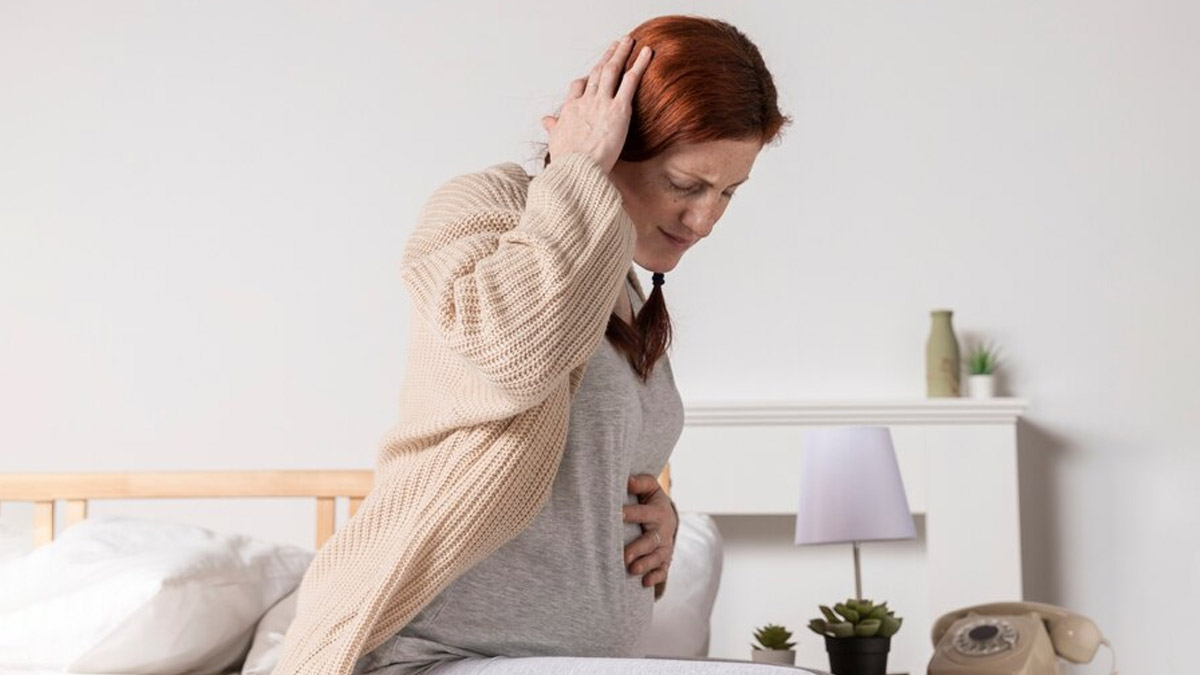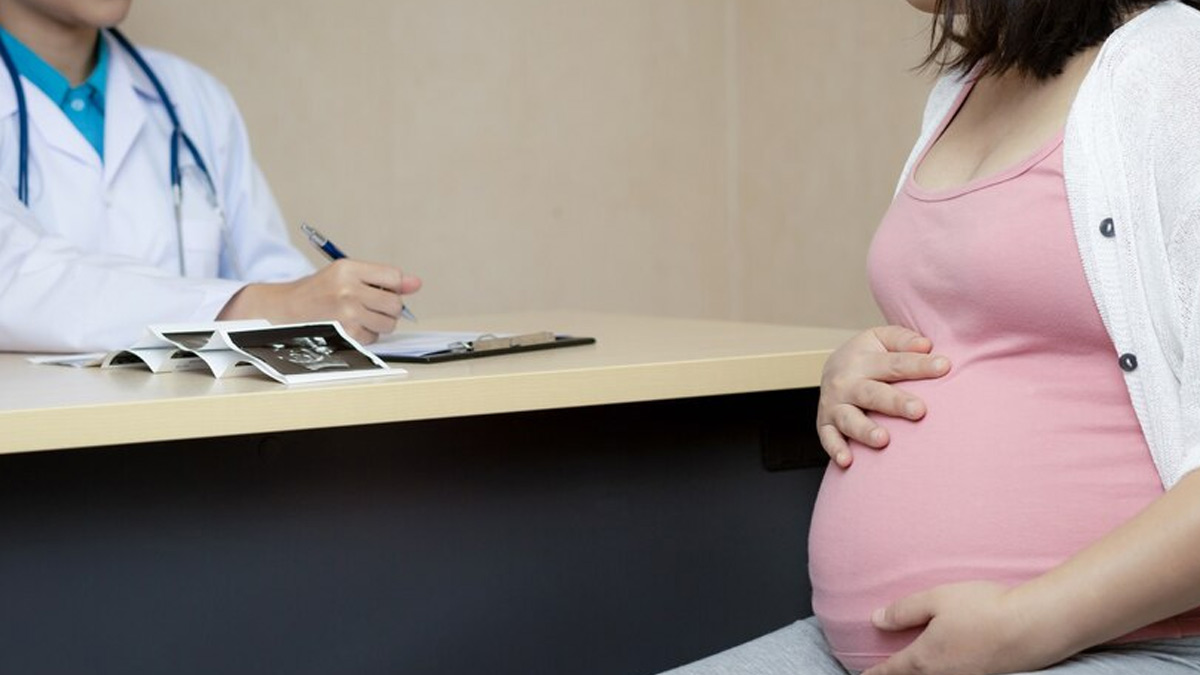
Pregnancy is a life-changing experience that brings several joys and challenges for a woman. One such challenge that may arise in some is eclampsia. It is a rare but serious condition that can develop during pregnancy or shortly after childbirth. It is characterised by seizures and high blood pressure, and if left untreated, it can pose significant risks to both the mother and the baby.
Dr Astha Dayal, Obstetrics and Gynaecology, CK Birla Hospital, Gurugram, explained eclampsia, its symptoms, diagnosis, and treatment.
According to the Ethiopian Journal of Health Science, eclampsia is an extremely dangerous pregnancy condition that causes substantial maternal and neonatal mortality. Every year, it causes 50,000 maternal deaths globally.
Understanding Eclampsia

Dr Dayal said, “Eclampsia is closely linked to another pregnancy complication called preeclampsia. Preeclampsia is characterised by high blood pressure and the presence of protein in the urine and damage to organs, such as the liver and kidneys. It has been found that the progression from preeclampsia to eclampsia occurs due to the worsening of the underlying condition.”
Dr Dayal said that eclampsia commonly occurs after the 20th week of pregnancy. While the exact cause of eclampsia remains unclear, it is believed to be linked to placental formation issues.
Also Read: Haemorrhoids During Pregnancy: Expert Lists Symptoms, Causes And Prevention
Risk Factors Of Eclampsia
Dr Dayal listed several risk factors contributing to eclampsia as follows:
- History of preeclampsia
- First-time mothers
- Teenage pregnancies
- Family history of the condition
- Multiple pregnancies
- Certain medical conditions like chronic hypertension, blood clotting disorders, or kidney disease
Symptoms Of Eclampsia

Recognising the symptoms of eclampsia is crucial for early detection and intervention. Dr Dayal listed some of the common symptoms as follows:
- Severe headaches
- Blurred vision
- Upper abdominal pain
- Oedema (swelling of feet or the entire body)
- Rapid weight gain
Seizures associated with eclampsia can either be generalised, affecting the entire body, or focal, impacting specific body parts.
Also Read: Do You Drink Enough Water During Pregnancy? Expert Lists The Importance Of Staying Hydrated
Diagnosing Eclampsia

Eclampsia can be diagnosed by following the measures mentioned below:
- Medical history and physical examination
- Monitoring blood pressure
- Analysing urine for proteinuria
- Conducting blood tests to assess organ function
- Monitoring foetal well-being
- Evaluating seizures, if present
Treatment For Eclampsia
Dr Dayal said, “Swift and appropriate treatment is essential when dealing with eclampsia. The primary goal is to stabilise the mother's condition and manage seizures.”
Treatment options include intravenous medications to control blood pressure and prevent seizures, as well as close monitoring of both the mother and baby. Magnesium sulphate drip, accompanied by vigilant observation is typically administered. Ultimately, the delivery of the baby, even if premature, becomes the ultimate cure, as it safeguards the health of the mother.

The Importance of Timely Medical Attention
Eclampsia represents an obstetric emergency and demands immediate medical attention to ensure the survival of both the mother and the baby. Early diagnosis, prompt treatment, and ongoing monitoring are critical in mitigating the potentially life-threatening consequences of this condition.
Disclaimer
This article contains information provided by the expert and is for informational purposes only. Hence, we advise you to consult with your healthcare professional for a treatment tailored to your needs.







